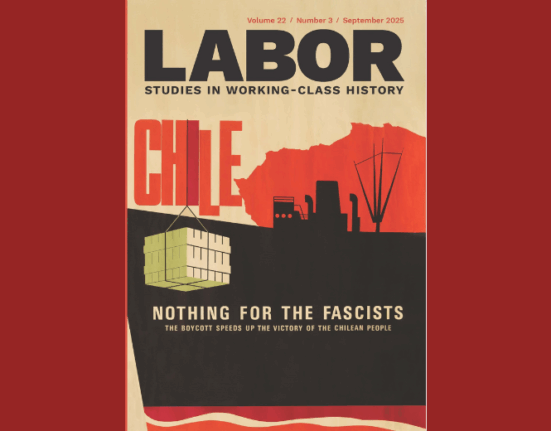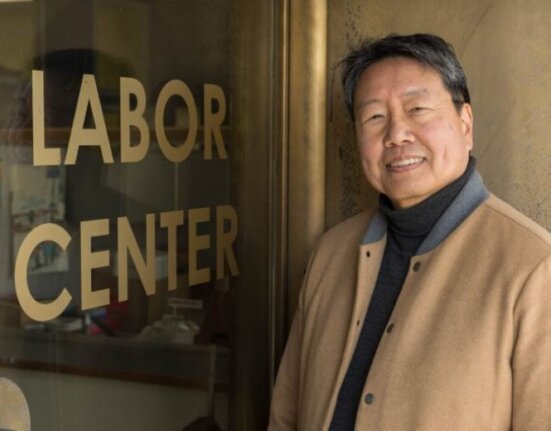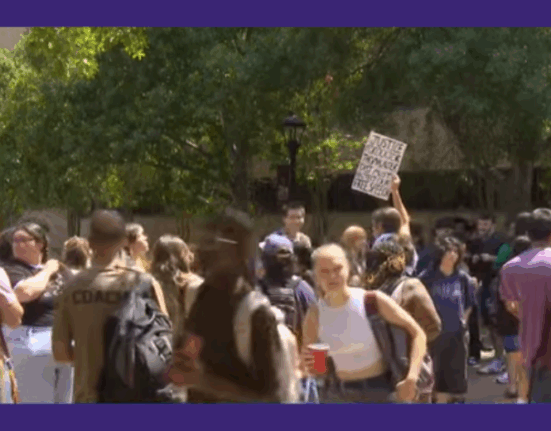In 1958, an Indianapolis woman named Patricia Bolen wrote a letter to the Indianapolis Star about how Indiana’s right-to-work law affected her husband:
“I pooh-poohed when the right-to-work was first called a mankiller. But it is. The man I love is being killed by it. He is a carpenter, strong, capable, hard-working, able to do three men’s work, which he does. Thereby, he keeps his job, luckier than most carpenters these days.
“He retains his job by doing man-killing work, but the rest of the crew is fired each Friday. A fresh group is brought in on Monday. There is no longer a union steward whose job it used to be to see that the company provided fresh drinking water, toilet facilities, a place to change and keep dry clothes, safety precautions, etc.
“My man comes home each day thirsty, soaking wet and heartsick because eager, hard-working family men on the job are being laid off when they can’t double or triple their output. This is not an isolated case.
“I am a school teacher. I address this to other teachers, office workers, business people, and others who know first hand what the “Handley law” really is–a right-to-work-a-man-to-death law. I plead for its repeal.”
Indiana indeed repealed its right-to-work law, which Bolen named after Governor Harold Handley. Earlier this year, Indiana instituted a new right-to-work law, part of the Republican attack on organized labor throughout the union strongholds of the Great Lakes states. This week, seemingly out of nowhere, Michigan rammed a right-to-work law through the state legislature, even though Governor Rick Snyder previously called it “a very divisive issue” and said he had no interest in pursuing such a course.
But it’s hardly surprising that Snyder would change his mind. Why should organize labor trust a Republican on this issue in 2012? What’s more interesting is why organized labor was caught flat-footed. Labor has not been inactive in Michigan. This fall it put a measure on the Michigan ballot that would have enshrined collective bargaining in the state constitution. Perhaps because that measure failed despite labor’s titanic effort to elect Democrats across the country, conservatives decided to strike while labor was tired from its election efforts. Regardless, Wisconsin’s right-to-work law led to a near uprising in that state while Ohio’s was repealed by voters in a referendum last year. In Michigan, the reaction to the law has been one of shock. Labor is saying it will make Michigan Republicans pay in 2014. Maybe. But organized labor’s victories do not come from the ballot box.
Without a reinvigorated and aggressive labor movement that centers organizing and the social movement side of activism, it’s hard to see how labor will resist these attacks over the long term. The United Auto Workers of 2012 is simply not set up for an easy transition to street protests or mass mobilization. Organized labor continues to struggle to transition to the 21st century struggle. While it does so, laws pass that move employers closer to the right to work a woman or man to death.







1 Comment
Comments are closed.